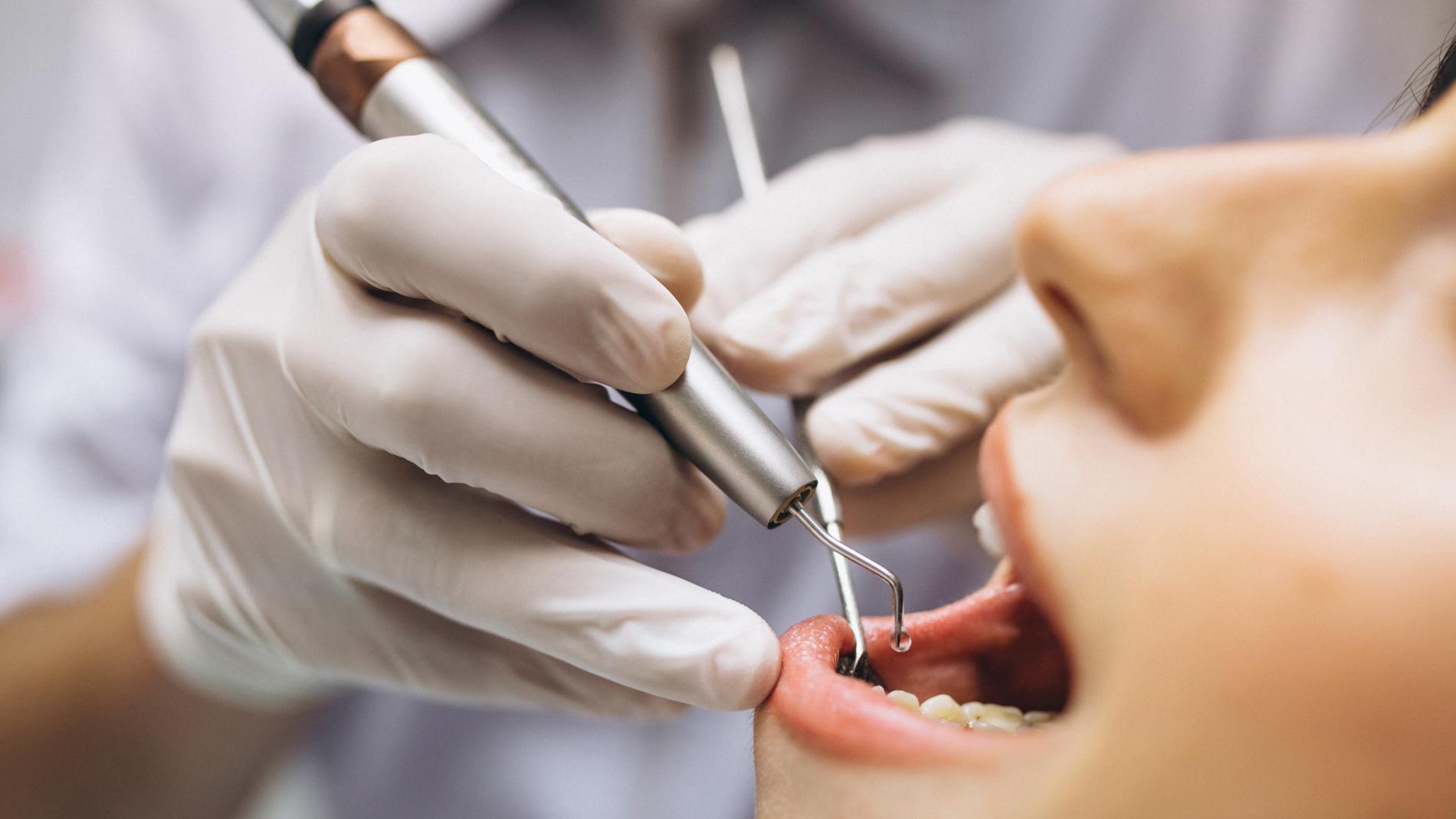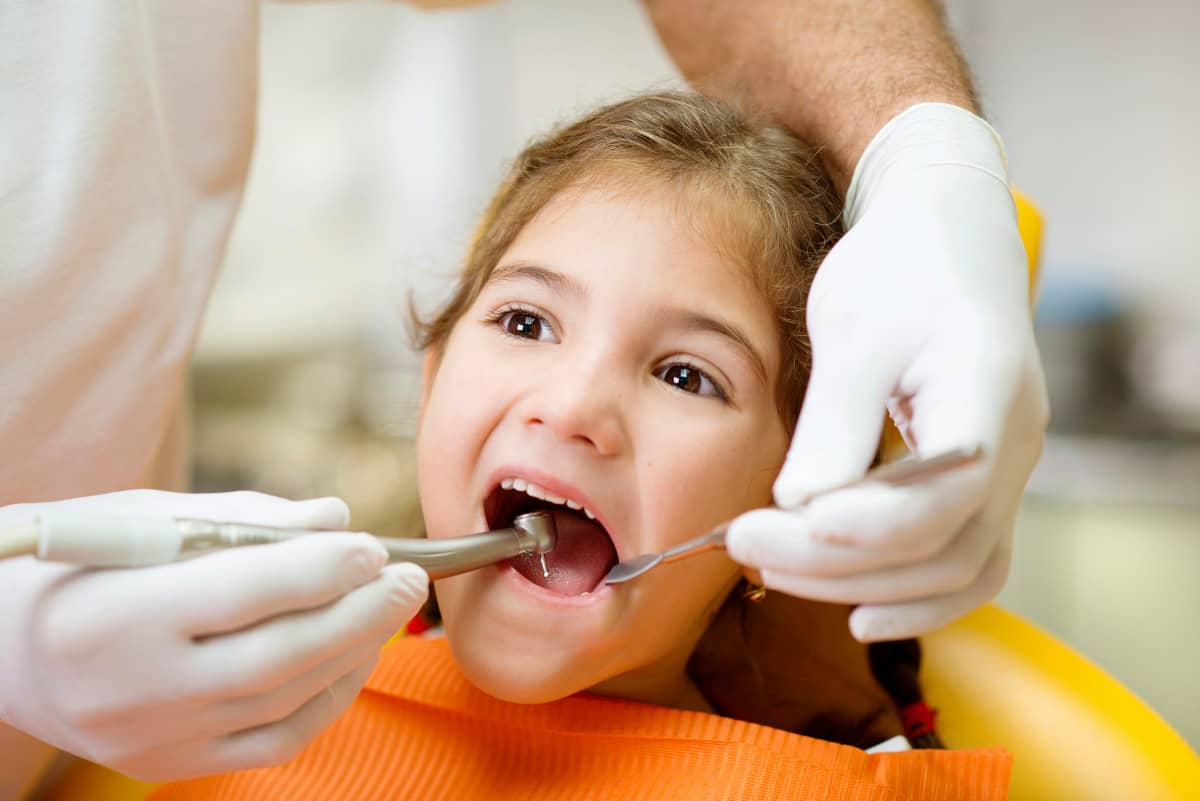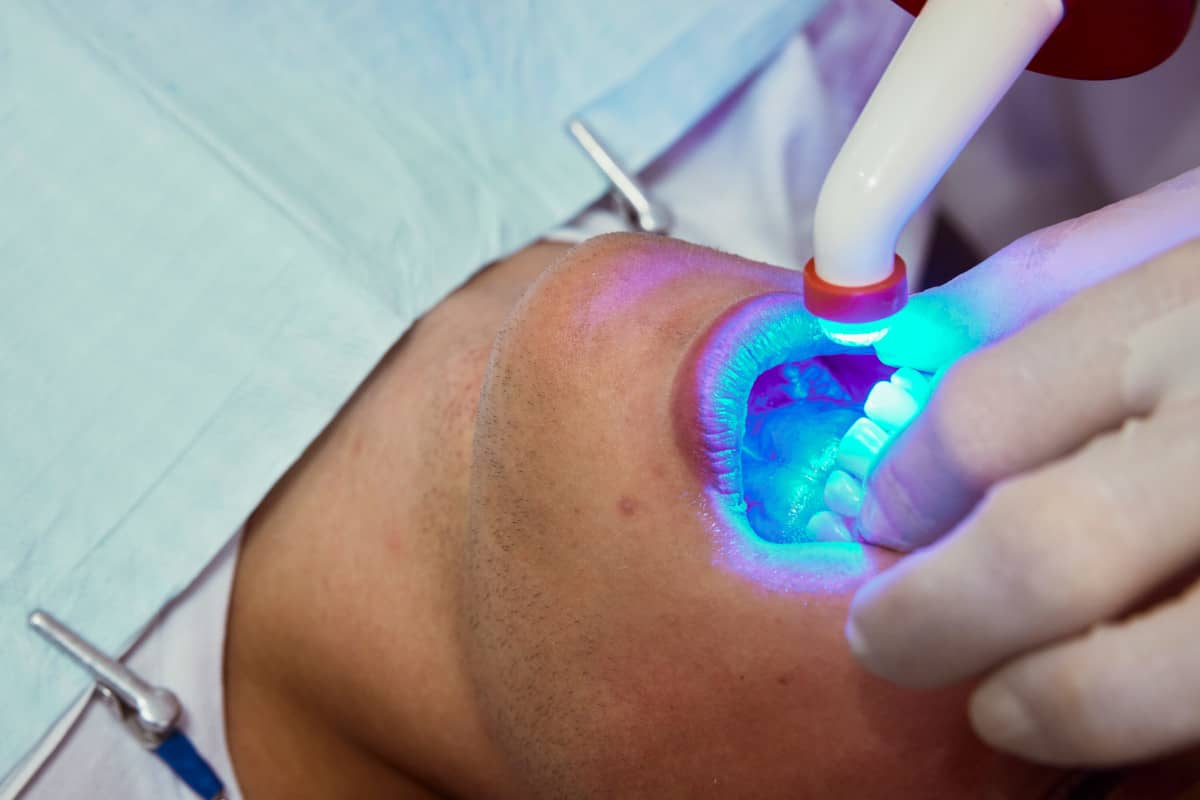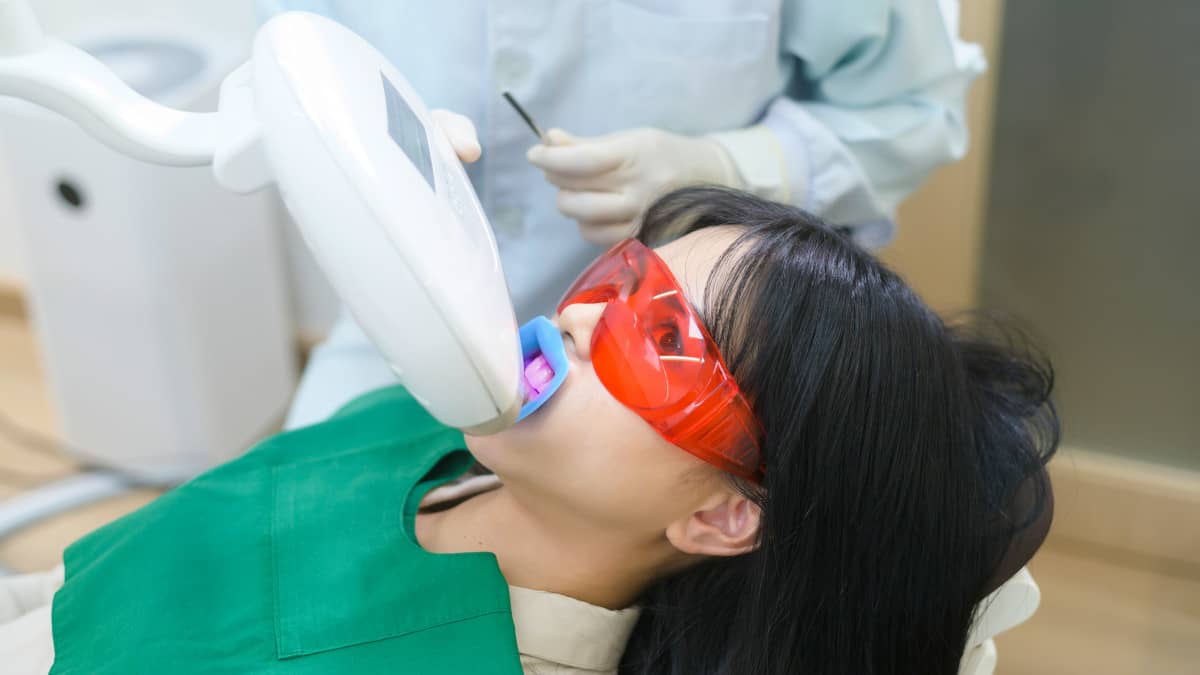
Regular dental visits: how often to visit the dentist
Regular visits to the dentist for professional care and regular check-ups are important.
Good dental health is essential to maintain a healthy smile throughout life. In addition to brushing your teeth and using dental aids such as floss, interproximal brushes or the irrigator regularly.
- Regular visits
- When you should increase your visits to the dentist.
- Advantages of prevention
Regular dental visits
The ideal frequency of dental visits may vary depending on individual needs and professional recommendations. And while we’ll give you a general guide on how often to visit the dentist, remember that it’s always best to consult with us personally for specific recommendations based on your situation.
In general, it is recommended that people visit the dentist at least twice a year for routine dental check-ups. These visits allow the dentist to evaluate your oral health, detect any dental problems at an early stage and provide preventive treatment if necessary. During these visits, the dentist coordinates with the hygienist to perform periodontal maintenance and remove accumulated plaque and tartar, which helps prevent gum disease and tooth decay.
When you may need to increase your dental visits
In addition to regular visits every six months, your dentist may recommend more frequent visits if you have certain risk factors or specific dental conditions, including:
- Periodontal disease: If you have gum disease or are at risk of developing it, you may need to visit the periodontist more often.
- Cavity problems: If you have a high incidence of cavities or are prone to developing them, your dentist may recommend more frequent visits for examinations and preventive treatments, such as fluoride applications or dental sealants.
- Ongoing dental treatments: If you are undergoing specific dental treatment, such as orthodontics or dental implants, your dentist will set up a schedule of visits according to your individual follow-up and care needs.
- Underlying medical conditions: Some medical conditions, such as diabetes, pregnancy, heart and/or systemic diseases can affect oral health. In these cases, your dentist may recommend more frequent visits to monitor and treat any related dental problems.
Advantages of prevention
- Early detection of dental problems: Prevention allows any dental problems to be detected at an early stage, before they develop into more serious conditions. Through regular visits, signs of tooth decay, gum disease, tooth wear or other dental problems can be identified, making it easier to treat them in a timely manner and avoid major complications.
- Long-term cost savings: Preventive dentistry can help you save money in the long run. By detecting and treating dental problems in their early stages, you avoid more costly and extensive treatment in the future. For example, treating a small cavity is much cheaper than performing a root canal or placing a dental crown.
- Preserving natural teeth: Preventive dentistry helps to preserve natural teeth for longer. By maintaining good oral hygiene, regular cleanings and early treatment of dental problems, premature tooth loss and the need for dentures and/or implants can be avoided.
Remember that these recommendations are only a general guide and that each person may have unique dental needs.
If in doubt, it is best to make an appointment at udemax clinics, so that we can assess your dental history, general health and other relevant factors to determine the appropriate frequency of your visits. Also, if you experience pain, sensitivity, bleeding gums or other dental problems between regular visits, don’t hesitate to make an earlier appointment as soon as possible.
Your health is our priority.
Make an appointment at Clinicas Udemax and choose the location that best suits you: Udemax in the outpatient clinics of Policlínica Juaneda, in Arcdental or in Emardental, your clinic in the centre of Palma. For more information, call us on .




